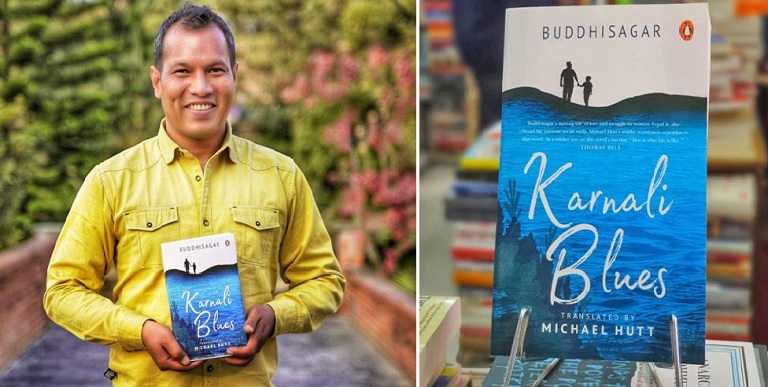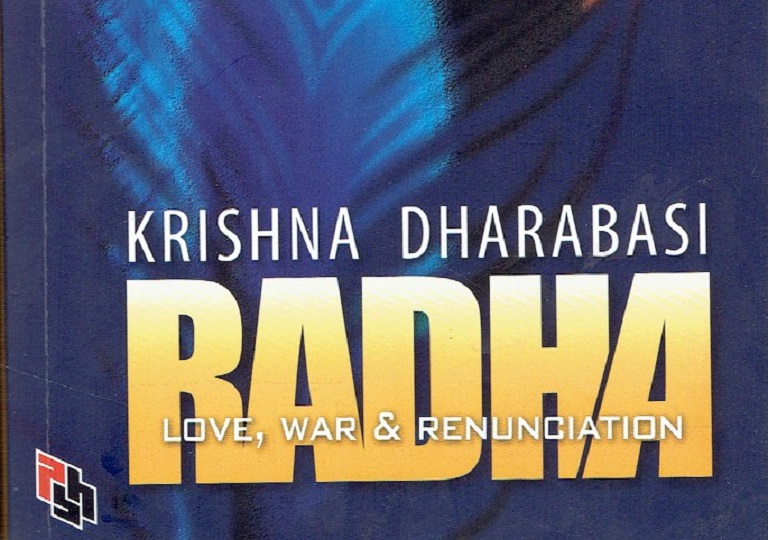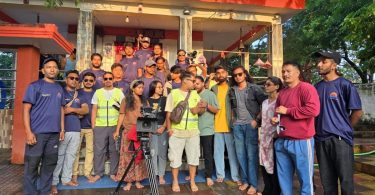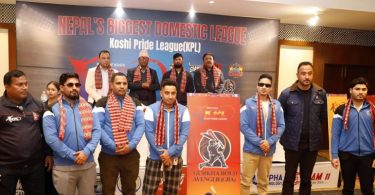
A lot of good English books have been translated into Nepali and these translated books have earned notable hype in the Nepali book industry. They have allowed Nepali readers to know about various subjects from diverse perspectives.
However, there have been a fair few Nepali books that have been translated into English as well. These books have helped international readers to know about Nepal, its culture, tradition, politics and others.
If you are someone who wants to read about Nepal but do not have a good grasp of the English language, these 10 books are perfect for you.
Palpasa Cafe
Authored by Narayan Wagle, Palpasa Café revolves around the story of an artist, Drishya, amidst the Nepali Civil War. This Nepali novel is partly a love story of Drishya and Palpasa, who has returned to the land of her parents after the terrorist attack in the USA on September 11, 2001.
The novel is often known as an anti-war novel and exhibits the effects of the civil war on the Nepali countryside that Drishya travels to. Palpasa Cafe is translated into English by Bikash Sangraula.
Karnali Blues
Karnali Blues, written by Buddhi Sagar expresses the struggle of a lower middle-class father in the Far Western Region of Nepal from his son’s lenses. This Nepali novel has a great presentation as it can move the readers along with the characters in the story.
The novel predominantly unfolds through flashbacks, beautifully portraying the evolving perception of the son towards his father. The English translation of the book by Michael Hutt was launched in 2021.
Blue Mimosa
Blue Mimosa is a Nepali book translated from Parijat’s magnum opus Shirish Ko Phool.
Shirish Ko Phool depicts the story of a middle-aged man, Suyog Bir Singh who is going through a midlife crisis, also a former World War soldier. He is captivated by Sakambari, a rebellious personality who does not adhere to the conventional norms of how a woman should act or dress.
The book delves into the theme of an empty and meaningless life and an unhealthy obsession with a woman.
The Prison
The Prison is translated by Ann Hunkins from the book Karagar, authored by Banika Giri. The book portrays the story of a female protagonist who is at marriageable age, but due to her brother’s greed for property, her marriage gets delayed, which she discovers later.
Afterwards, she starts feeling lonely and isolated and poses a desire to break the lonely prison of isolation.
Shramatan: A Nepalese Migrant Worker’s Memoir
Shramatan is written by BN Joshi and translated by Arun Budhathoki
Shramatan is written by BN Joshi and translated by Arun Budhathoki
Song of the Soil
Song of the Soil is a translated version of Fatsung, written by Chuden Kabimo. This Nepali book was translated by Ajit Baral.
There’s a Carnival Today
There’s a Carnival Today is another must-read Nepali book which has been translated by Manjushree Thapa. The Nepali version of the book is written by Indra Bahadur Rai and is called Aja Ramita Cha.
The novel is set in the socio-cultural milieu of Darjeeling around the characters Janak Man Yonzan and Sita Shrestha. In the story, Shrestha hails from Dhankuta and is studying in Darjeeling. Janak Man Yonzan returns to Darjeeling from his study in Calcutta.
The Wake of the White Tiger
The Wake of the White Tiger is translated from Seto Bagh, written by Diamond Shumsher Rana. Greta Rana has translated the book into English.
The book portrays the life of Jagat Jung Rana, the eldest son of Jung Bahadur Rana. The book takes the readers to the time when Jung Bahadur Rana was in power and after his demise.
Radha

Radha was originally written by Krishna Dharabasi and later was translated into English by Mahesh Paudyal. Radha is a winner of a Madan Puraskar, one of the biggest literary awards in Nepal.
The novel is an adaptation of the ancient Sanskrit epic Mahabharat, with a heightened focus on the character of Radha.
The Nepal Nexus
The Nepal Nexus is a translation of Prayogshala, authored by Sudheer Sharma. The book is translated by Sanjaya Dhakal for Penguin India. The book is a vivid account of Nepal’s political insights related to Nepal’s 10-year conflict, the 2006 people’s movement, the fragile transition that followed, to the Maoists’ subsequent rise to power.







